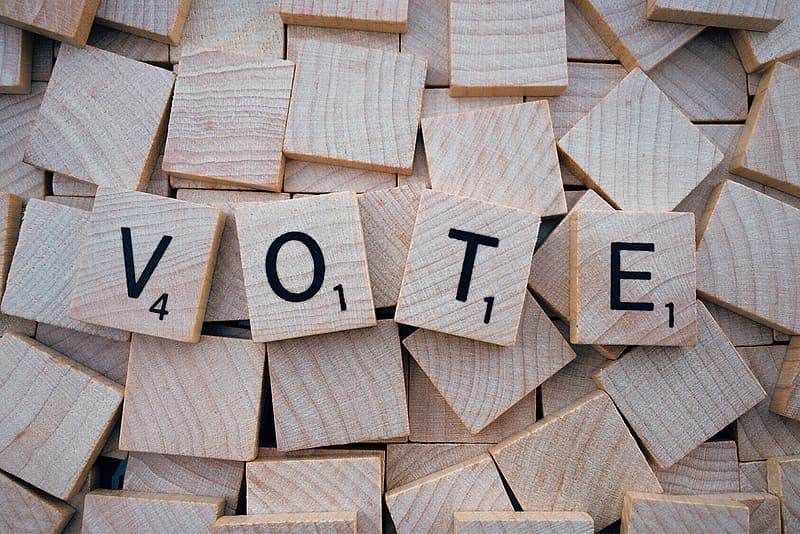On September 14, New Brunswick held the first election in Canada during the COVID-19 period. Provincial elections in Atlantic Canada tend not to make headlines across the rest of the country, but this one did because it could potentially serve as a test case for how to run an election during a pandemic. Both Saskatchewan and British Columbia are headed to the polls in October and Prime Minister Justin Trudeau is rumoured to be contemplating a general election some time in the next year. In both New Brunswick and British Columbia, the election calls came early – significantly ahead of the next fixed election date in each province.
Though the process in New Brunswick provides some guidance on how to manage COVID-related challenges at the ballot box, it is not easy to compare the overall situation in New Brunswick to that of any other jurisdiction in the country. Both the unique political circumstances in the province and the near-absence of active cases of COVID-19 limit the applicability of the New Brunswick election as a valid comparative case study for any other jurisdiction.
It is always a political risk for a premier or a prime minister to seek an early election, as a cranky electorate might punish a government for what it sees as an unnecessary election triggered by political opportunism rather than an urgent policy debate. This risk is compounded during a pandemic when public gatherings have been defined (both by public health officials and political leaders themselves) as health risks. In New Brunswick, the sense of risk was surely mitigated by the fact that the spread of COVID-19 has been largely contained in New Brunswick and in the Atlantic bubble more generally. In British Columbia, reported cases of COVID-19 were on the rise during the campaign period, which could cause a problem for voters in terms of their willingness to participate. A particularly lousy turnout would threaten to undermine the perceived legitimacy of the election results, particularly if complications around access to the vote were concentrated in COVID-heavy areas, constituencies, or regions. Turnout for the New Brunswick election was roughly 67 per cent, just a percentage point lower than where it was in the 2018 election.
In New Brunswick, Progressive Conservative Premier Blaine Higgs faced a very precise set of circumstances that made a general election call more plausible than it might have otherwise been. There are 49 seats in the New Brunswick legislature: at the time of dissolution, 20 were Progressive Conservative, 20 were Liberal, the Greens and the People’s Alliance held three seats each, and three seats were vacant. If three by-elections were called instead of a general election, and the Progressive Conservatives did not win most if not all of them, then Premier Higgs stood to lose his relative strength in the legislature, which was fragile, to begin with. Given that most New Brunswickers approved of his handling of the pandemic, a general election – though politically motivated – seemed a safe bet. And it was.
Premier Higgs’ gamble paid off: he will continue as premier and with a majority of the seats in the legislature. But it’s not clear at this point whether his win suggests more broadly that there is an advantage for incumbents during pandemic elections. Most provincial premiers have seen their popularity rise during the pandemic period; Premier Higgs saw his personal popularity hit as high as 80 per cent during the pandemic.[1] British Columbia Premier John Horgan saw numbers close to this, with 73 per cent approving of his handling of the pandemic in a poll in a Research Co. poll held in May.[2] Though he has been criticized for his decision to seek an early election – a full year in advance of the fixed date scheduled for October 2021 – his approval ratings remain high even after the election call, with around two-thirds of British Columbians supporting his pandemic performance.
Physical distancing restrictions are perhaps most challenging for new candidates attempting to build trust and familiarity with voters. Knocking on doors and attending crowded events, both typical campaign activities, are not possible in a pandemic, which could make it more difficult for voters to get to know candidates. This certainly seemed to be a problem for New Brunswick Liberal leader Kevin Vickers, who was never elected to the legislature and struggled to connect with voters in time for the election.
Premier Horgan’s early call is perhaps not quite as safe a gamble as Premier Higgs’, given the rise of cases of COVID in British Columbia, but polls show that he holds a considerable lead over Liberal leader Andrew Wilkinson at the time of writing. The NDP minority government has survived for three years with the support of the Green Party; like Premier Higgs, Premier Horgan is looking for a mandate to govern alone. Though the circumstances around the two early election calls were different, the fact that they happened shows that, even in a pandemic, politics never goes away.
[1] Quon, Alexander. 2020. “New Brunswick’s Blaine Higgs has highest approval rating among premiers in Canada: poll.” Global News. Available at: https://globalnews.ca/news/6996410/new-brunswick-premier-blaine-higgs-highest-approval-rating-poll/
[2] CBC News. 2020. “Poll suggest B.C. NDP Leader John Horgan’s popularity remains high after election call.” Available at: https://www.cbc.ca/news/canada/british-columbia/b-c-election-research-co-poll-horgan-popularity-1.5738063

